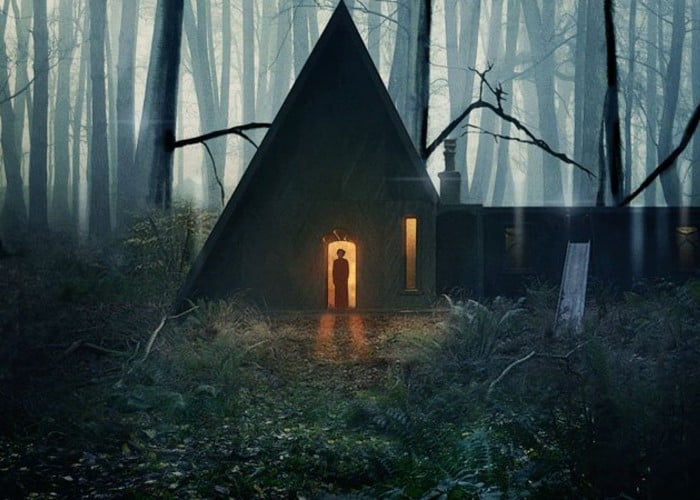
Osgood Perkins, son of Psycho star Anthony Perkins, has been making a name for himself in recent years. The director behind The Blackcoat’s Daughter and I Am the Pretty Thing That Lives in the House is proving to be a modern maestro of horror, and his next movie looks like the stuff of nightmares once again.
Perkins’ Gretel & Hansel will reimagine the classic Brothers Grimm fairy tale as a full-fledged horror movie. This version follows a teenage girl (Sophia Lillis) and her brother (Sammy Leakey) as they fend for themselves after leaving home amid pestilence and famine.
During their travels, the siblings meet a huntsman (Charles Babalola) before finding comfort in the home of an elderly woman (Alice Krige), whose intentions may not be so kind. While the set-up of the new movie is very similar to the original fairy tale, Perkins also appears to be incorporating some of his own ideas into the mix. There’s no candy house here, but we can expect to see youngsters fighting for their lives.
Check out the trailer below.
Gretel & Hansel appears to be faithful to the original story for the most part, but the age difference between the characters and the rearrangement of the title are very evident. Perkins explained to Entertainment Weekly why he decided to make Gretel older:
“We tried to find a way to make it more of a coming-of-age story. I wanted Gretel to be somewhat older than Hansel, so it didn’t feel like two 12-year-olds — rather a 16-year-old and an eight-year-old. There was more of a feeling like Gretel having to take Hansel around everywhere she goes, and how that can impede one’s own evolution, how our attachments and the things that we love can sometimes get in the way of our growth.”
Gretel & Hansel won’t be the first horror movie to mine the fairy tale for inspiration. Pil-Sung Yim’s Hansel and Gretel (2007) loosely applies the concept to a modern setting. Hansel and Gretel: Witch Hunters (2013), meanwhile, portrays the titular characters as grown-up badasses that kill witches. There are also some bad low-budget movies out there from the likes of The Asylum. Needless to say, it’s a fine story to draw inspiration from while exploring the darker side of childhood.
As one of the most inherently scary fairy tales of them all, “Hansel and Gretel” lends itself perfectly to a horror movie setting. Think about it: two children are abandoned by their parents, find themselves lost in a dark forest, and encounter a cannibalistic witch. And that’s only the premise of the child-friendly iteration of the story; “Hansel and Gretel” actually has more horrific origins than the fairy tale we read as kids.
They say that all of the best fiction is based on reality to some extent. “Hansel and Gretel” is no different. As SurLaLune Fairy Tales notes, Maria Tater’s Off With Their Head!: Fairy Tales and the Culture of Childhood points out that poor families would actually abandon or kill their children because they couldn’t afford to keep them. This was still happening in the 19th century, when the Brothers Grimm were collecting the folktales they’d later publish.
“Hansel and Gretel” was originally published in 1812, but there is also an earlier French version of the story that explores darker subject matter. Titled “The Lost Children,” the story follows Jean and Jeanette, who’ve been cast out by their parents, only to stumble upon a house in the woods. A woman lets them in but tells them to be quiet because her husband is the Devil.
Unfortunately for the children, they reek of Christianity and old Beelzebub can smell it. When his wife doesn’t tell him where the children are hiding, he beats her. Afterward, he locks Jean in the barn to fatten him up. His plan is to make the children beefier and force them to bleed out on a sawhorse before he consumes them. In the end, the children slit his wife’s throat and escape with their gold.
While the earlier iteration of the story is barbaric, it’s the product of a time when society was crueler and less merciful. That said, the theme of both versions is the same: the struggle for survival in a dangerous world. That’s a common theme in horror as well, and with Perkins at the helm, Gretel & Hansel will be one of the best horrific reimaginings of the fairy tale to date.
Related Topics: Gretel and Hansel

